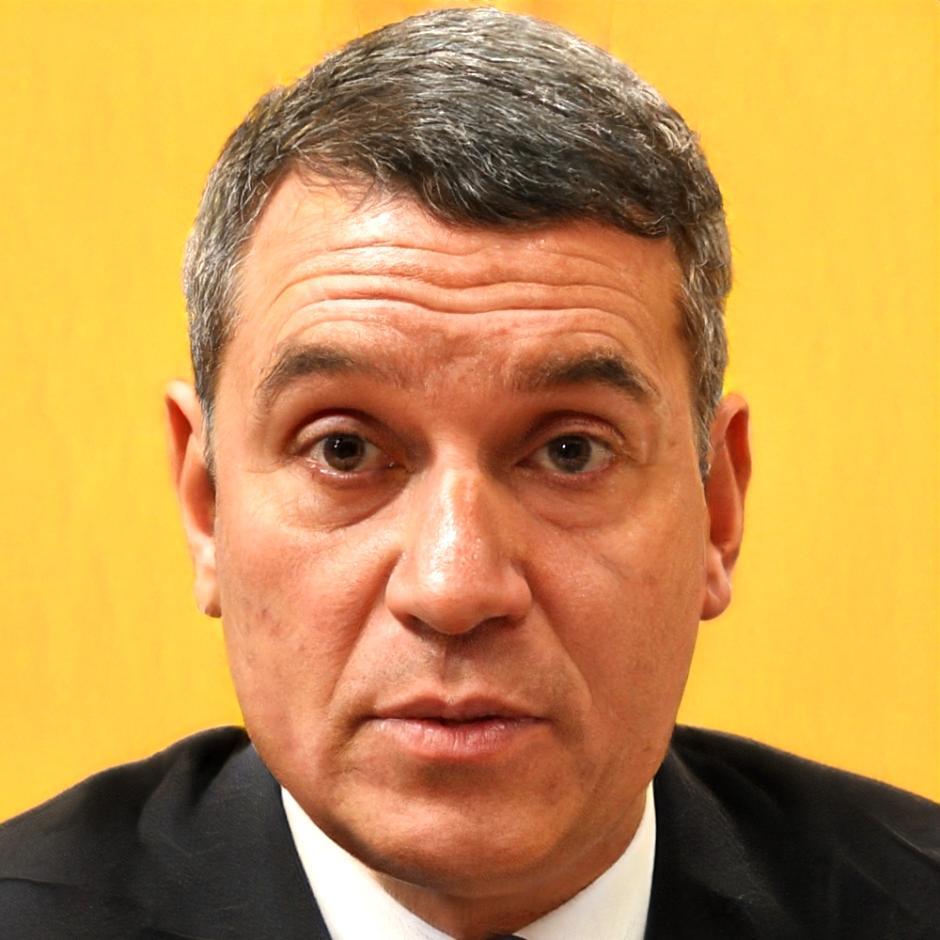Adaptive Learning Strategies
Market Cycle Integration
We adjust our curriculum based on current market conditions. During the 2024 interest rate cycle, students explored bond market dynamics in real-time. As we move through 2025, our focus shifts to emerging market trends and inflation hedge strategies. This keeps learning relevant and immediately applicable.
Individual Learning Paths
Each student's background shapes their learning journey. Someone with accounting experience might dive deeper into financial statement analysis, while an engineer might explore quantitative trading strategies. We recognize that effective financial education builds on existing knowledge rather than forcing everyone through identical content.
Progressive Complexity Building
Our methodology starts with core concepts like compound interest and risk diversification, then gradually introduces more sophisticated ideas. By the time students encounter options strategies or alternative investments, they have solid fundamentals. This prevents the common problem of memorizing complex formulas without understanding underlying principles.
